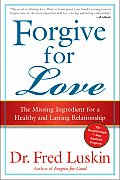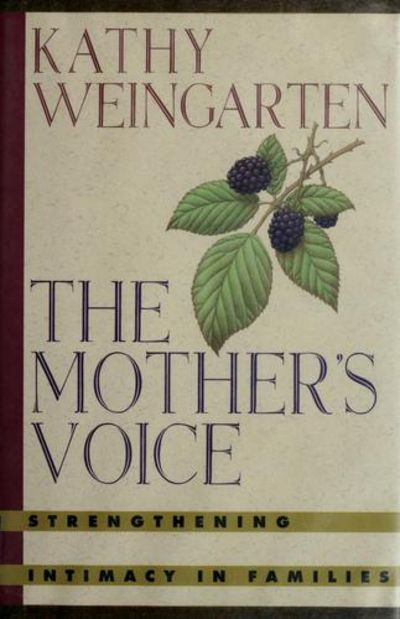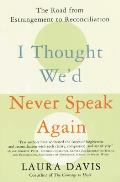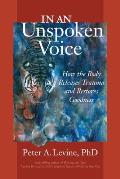Subtitle: Bringing All Parts of You Into Creative Partnership: Conscious & Subconscious, Head & Heart, Masculine & Feminine, Adult & Child, Waking & Dreaming
Recommended to me by: Jenny Davidow
Jenny Davidow’s clear, practical, non-judgmental book covers a surprising array of techniques to make friends with your subconscious. Learn to decode your dream symbols, negotiate inner alliances, create positive endings, take fantasy vacations, transform outdated beliefs, heal your inner child, dream lucidly, connect with your creativity, and widen your choices in your waking life. Vivid examples and detailed exercises encourage you to make these techniques your own.
As seen in the parallel paired contrasts in the subtitle, the book emphasizes stereotypical, Jungian ideas about masculine and feminine attributes. In addition to being passive and receptive, femininity is paired with childhood and innocence. In several examples, women resolve relationship issues, while men resolve career issues.
Both outer relationships and the “inner marriage” between (stereotypical) masculine and feminine aspects are heterosexual, with no discussion of other possibilities.
This book safely skirts the realm of “you control external reality with your thoughts” while offering practical tools to negotiate improvements in your internal reality. Recommended, with the noted caveats.





